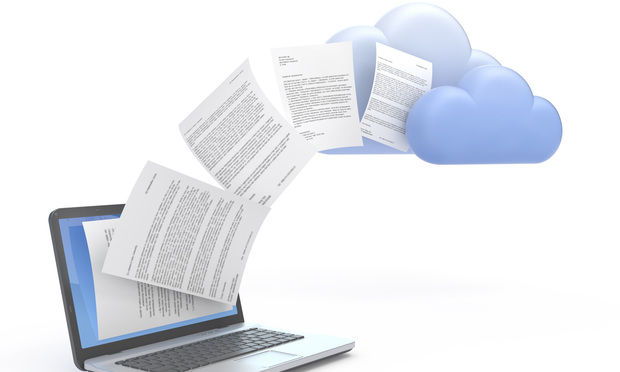For years, many proponents of arbitration have considered the cost and delays of discovery of electronically stored information (ESI) inconsistent with core principles of arbitration such as efficiency and cost-effectiveness. That view led many arbitral bodies and arbitrators to step only cautiously and slowly into the e-discovery realm. It was not uncommon to go through substantial arbitrations without participating in anything remotely resembling either a federal e-discovery conference with opposing counsel or a prearbitration conference where the arbitration panel engaged the parties in meaningful and technically sound discussions about e-discovery.
More often than not, arbitrators were relatively untrained in e-discovery and questioned their own authority to issue orders limiting or granting e-discovery or sanctioning its abuse.
This content has been archived. It is available through our partners, LexisNexis® and Bloomberg Law.
To view this content, please continue to their sites.
Not a Lexis Subscriber?
Subscribe Now
Not a Bloomberg Law Subscriber?
Subscribe Now
LexisNexis® and Bloomberg Law are third party online distributors of the broad collection of current and archived versions of ALM's legal news publications. LexisNexis® and Bloomberg Law customers are able to access and use ALM's content, including content from the National Law Journal, The American Lawyer, Legaltech News, The New York Law Journal, and Corporate Counsel, as well as other sources of legal information.
For questions call 1-877-256-2472 or contact us at [email protected]






